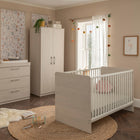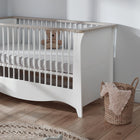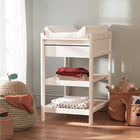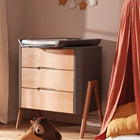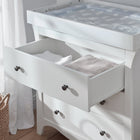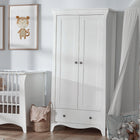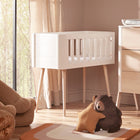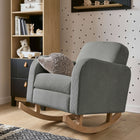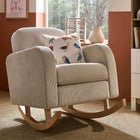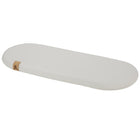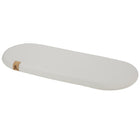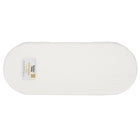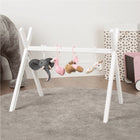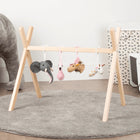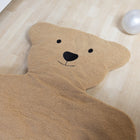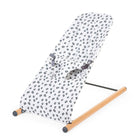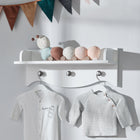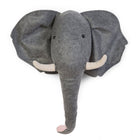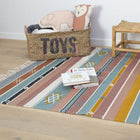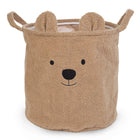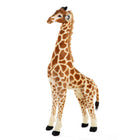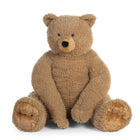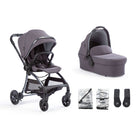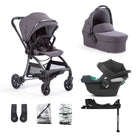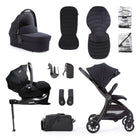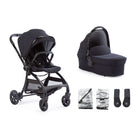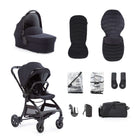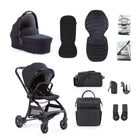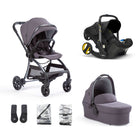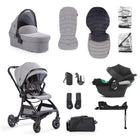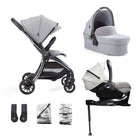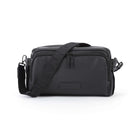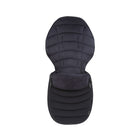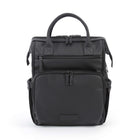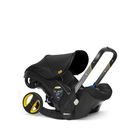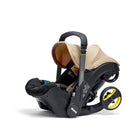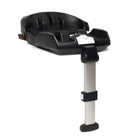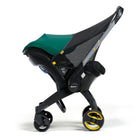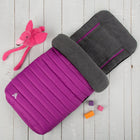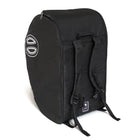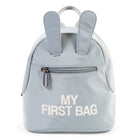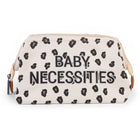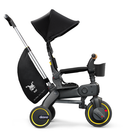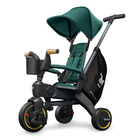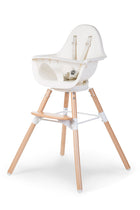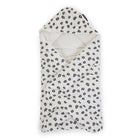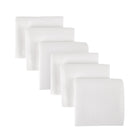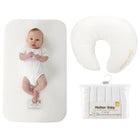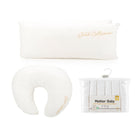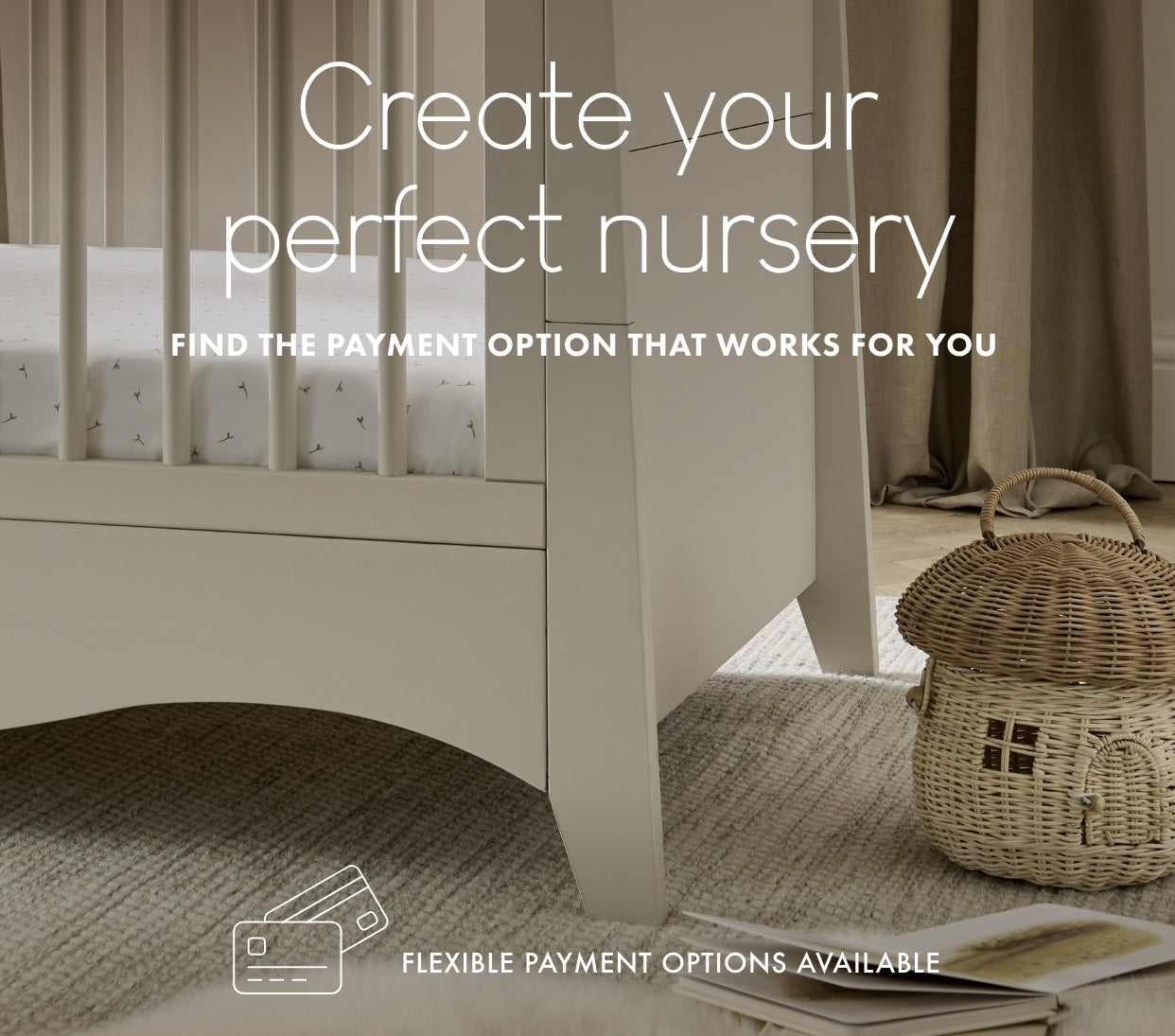Being a new parent is stressful at the best of times.
It is perfectly normal to feel anxious or stressed after having a baby, as you find ways of adjusting to your new situation. Approximately 68% of women and 57% of men with mental health problems in the UK are parents, highlighting the correlation between having children and mental health issues. Many new parents feel exhausted from lack of sleep at this stage, making it even harder to cope with the changes in your lifestyle. It takes time for women, couples and families to adjust to a new baby.
There are many normal worries around at this time. For example, it is common for new mothers to feel anxious about things like their baby’s health, whether they are being a good enough parent and worries about being separated from their child. Though given time, things should start to get easier as you begin to feel more confident in your new role as a parent.
That being said, if your level of anxiety persists and seems to be more than just the usual worries, you experience frequent symptoms of anxiety in situations that should not normally be anxiety-provoking, or if your anxiety is significantly affecting your day-to-day life, then you may be suffering from postnatal anxiety.
What Is Postnatal Anxiety?
Many people are aware that you can become depressed after having a baby, but many people also experience anxiety during pregnancy and after giving birth. For some new mothers, the worry associated with becoming a parent gets overwhelming, and they’re diagnosed with postnatal anxiety.
Postnatal anxiety affects just about as many new moms as postnatal depression does — and can be just as debilitating — but the condition isn't talked about as much. It refers to an irrational fear or exaggerated worry that something is wrong and usually involves worrying all day, every day, and about many different things. It's similar to regular anxiety but is more closely linked with having a baby and becoming a parent.
Postnatal Depression vs Postnatal Anxiety
Both anxiety and depression are more common after the birth of a baby. Combined with the normal challenges of lack of sleep and feeling overwhelmed by being a new parent, you might feel unable to cope. Many new mums are told that sadness and depression are common after having a baby. These feelings can turn out to be either the baby blues or postnatal depression.
But not every new mum knows that feeling extremely anxious or fearful, or even having panic attacks, can be almost as common. In one study that looked at 4,451 women who had recently given birth, 18% self-reported symptoms related to anxiety. (That’s huge — and a significant reminder that you’re not alone in this.) Of those, 35% also had symptoms of postnatal depression.
These examples show that you can certainly have postnatal depression and postnatal anxiety at the same time — but you may also have one without the other. So, how do you tell them apart?
Postnatal Depression
Postnatal depression is characterised by feelings of sadness, irritability, tearfulness, appetite changes, and sleep disturbance. But what we have learned over time is that many women with what we typically call “postnatal depression” also have significant anxiety symptoms.
Postnatal Anxiety
Postnatal anxiety most commonly takes the form of generalised anxiety, persistent and excessive worries, feelings of tension, and inability to relax. Often these worries are focused on the baby and his or her health and safety. Other symptoms include being constantly worried that something bad will happen, not being able to sleep, obsessively trying to control things, such as repeatedly checking on your baby — or having visions of something terrible happening to the child.
If you think you may be experiencing either of these issues, it’s important to seek help as quickly as possible so you can get back to enjoying your new baby.
How Long Does Anxiety Last after Having a Baby?
There's no definitive timeframe for postpartum anxiety, but the good news is that it isn’t permanent. Depending on how soon you get treatment, recovery time can vary. However, be aware that untreated moderate to severe anxiety can last indefinitely.
Postnatal Anxiety Treatment
Suffering from an anxiety condition is nothing to be ashamed of or embarrassed about.
With the right treatment, you can recover from postpartum anxiety and bond with your sweet little one. You may be tempted to put off treatment due to thinking your anxiety will go away when your tot hits the next milestone. But the truth is, anxiety can snowball quickly rather than resolve itself.
You should call your doctor at the first signs of excessive worry, fear or dread after having a baby. If you're feeling overwhelmed, overly worried, panicked or feel like you’re losing control — or if you experience any of the symptoms of postnatal depression, anxiety, OCD or PTSD — tell your doctor or midwife support as soon as possible. They can help screen you for a postnatal mood disorder and refer you to a mental health care professional who has experience treating new parents. Just don’t suffer alone — asking for help is the first step to recovery and the best thing you can do for yourself and your baby.
Mild to moderate postnatal anxiety can be treated with talk or cognitive behavioural therapy, along with techniques such as meditation, relaxation exercises and mindfulness training. Talking to a supportive friend or family member can be enough to help a new parent with mild anxiety.
Moderate to severe cases are usually treated with therapy and medication, most often a course of antidepressants and anti-anxiety medication to help alleviate excessive worry, fear or dread after having a baby.
No matter how mild or severe your symptoms it’s vitally important that you don’t suffer alone — asking for help is the first step to recovery and the best thing you can do for yourself and your baby.
At CuddleCo, our experts have been supporting new parents for over 30 years, providing them with high-quality nursery furniture and baby products designed to last, to help alleviate some of the stress that comes with looking after a baby. Shop our range now for free shipping on all orders over £50.